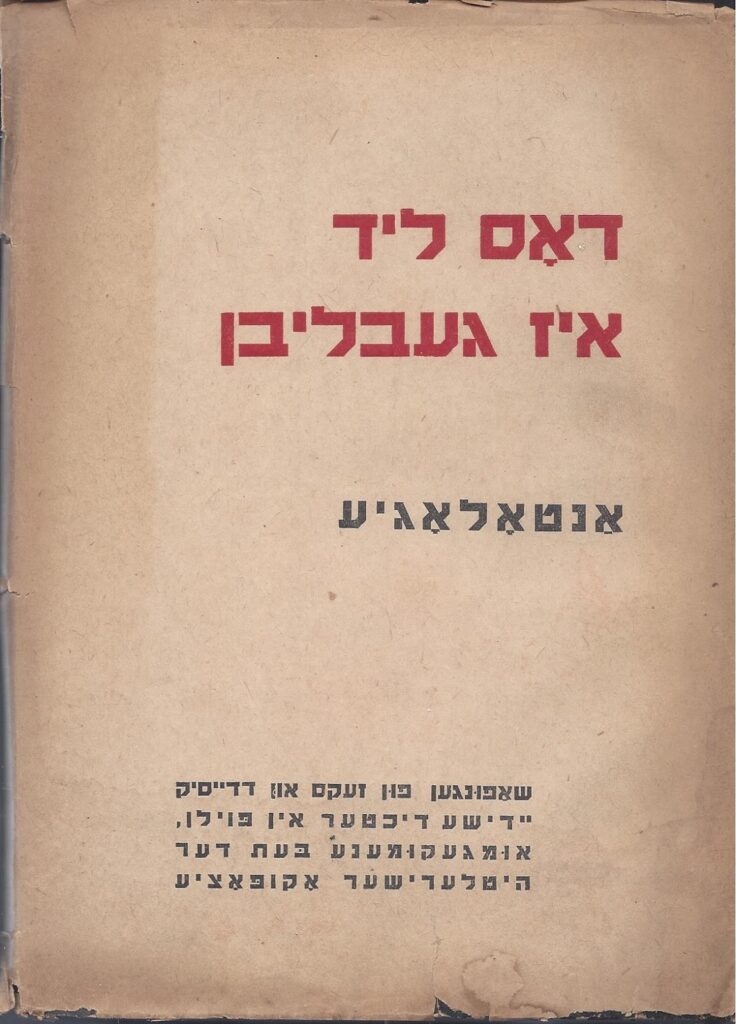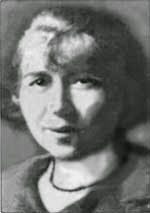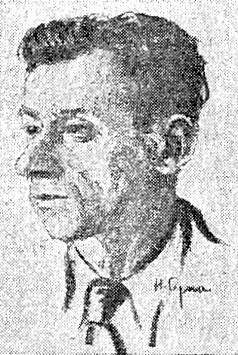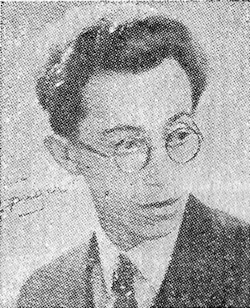The Song Remains / Dos Lid iz Geblibn / דאָס ליד איז געבליבן is an anthology of over 160 Yiddish poems by 36 authors with English translations. The poems were written in Nazi German occupied Poland during the Second World War, compiled by Binem Heller, and originally published in book form in Warsaw in 1951. The collection holds the treasure of creative poetry written by people who were imprisoned, starved, and ultimately murdered. The poems cover a wide range of themes, from the light-hearted love of nature, to the trials of coming of age in the Ghetto, and ultimately trying to come to terms with hatred, destruction, and death. The poems were translated into English by Dr Sarah Traister Moskovitz (z”l), a nonagenarian native Yiddish speaker and professor emerita from California State University, Northridge, with editing and additional translations by Miri Koral, the the Founding Director of the California Institute for Yiddish Culture and Language (CIYCL).

We are publishing one poem per week in both English and Yiddish until the collection is complete in 2027. You can subscribe to receive these poems for free by email, or follow our RSS feed, or on Mastodon in the Fediverse at @[email protected].
Only a small number of these poems have been available online before, and fewer translated into English.
Dr Moskovitz hoped that the collection will be a lasting legacy for the Yiddish language, and a tribute to the poets and unique culture so brutally destroyed by the Nazi Germans. She says, “We can all be proud and strengthened by the writers in this collection of poems, who found their own strength and courage in the worst circumstances imaginable. And yet, despite everything, they were still able to create beautiful, creative, meaningful, and honest poetry.”
The Yiddish language is endangered, and according to Dr Moskovitz, “circling the drain”. Before the Holocaust, Yiddish was the most common language used daily among Jews with nearly 11 million speakers. Now, it is thought that there are only about 500,000 Yiddish speakers left in the world, mainly in ultra-Orthodox communities in Israel and the United States.
 |
 |
 |
| Miriam Ulinover | Y L Kohn | Borekh Gelman |
One of the poets, Miriam Ulinover, was one of only a very few Orthodox Jewish women poets in prewar Europe. Her works include “At the door”, about a young woman standing outside a tavern, “The cherry”, and “The ring”. She lived in Łódź, and was transported to Auschwitz during the liquidation of the Łódź ghetto. She was gassed and incinerated a few days later.
Another poet, Y L Kohn, a metal worker from Warsaw, was a Communist who retained unbreakable optimism about the future expressed in his poem “My way through life”. He was shot and killed in Russia in 1941.
Borekh Gelman was born near Vilnius, but spent much of his life in Warsaw. His poem “My boss’s clock” is a humorous take on clockwatching and the imbalance of power in the workplace. When the Nazi Germans invaded Poland in 1939, he escaped to Vidzy, Belarus, but was killed there with his five brothers and sisters in a pogrom in 1941.
The website is hosted in Wellington, New Zealand by Catalyst Cloud. It was built and is maintained by Dave Moskovitz, a local Jewish Community leader who is also co-chair of the Wellington Abrahamic Council of Jews, Christians and Muslims, chair of the Global Entrepreneurship Network NZ, and a Director of MetService.
You can watch a video of the launch event for The Song Remains, which includes
- Dr Sarah Traister Moskovitz, the translator
- Grzegorz Kowal, Polish Ambassador to New Zealand
- Giacomo Lichtner, Professor of History and Film, Victoria University of Wellington
- Leon Triaister, Yiddish proofreader
- Declan Dunn, founder of remember.org
- Gillian Wess, CEO of Holocaust Centre NZ
- Sandy Feiner, Toronto Workmens Circle Foundation
- Miri Koral, California Institute for Yiddish Culture and Language / UCLA
- Aaron Lansky, Yiddish Book Center
- Mark David, the Yiddish Voice
- Dave Moskovitz, Webmaster
The webmaster of this site, Dave Moskovitz, gave a talk at the Holocaust Centre of New Zealand in May 2025 on the poetry collections translated by Dr Moskovitz, which you can view below.